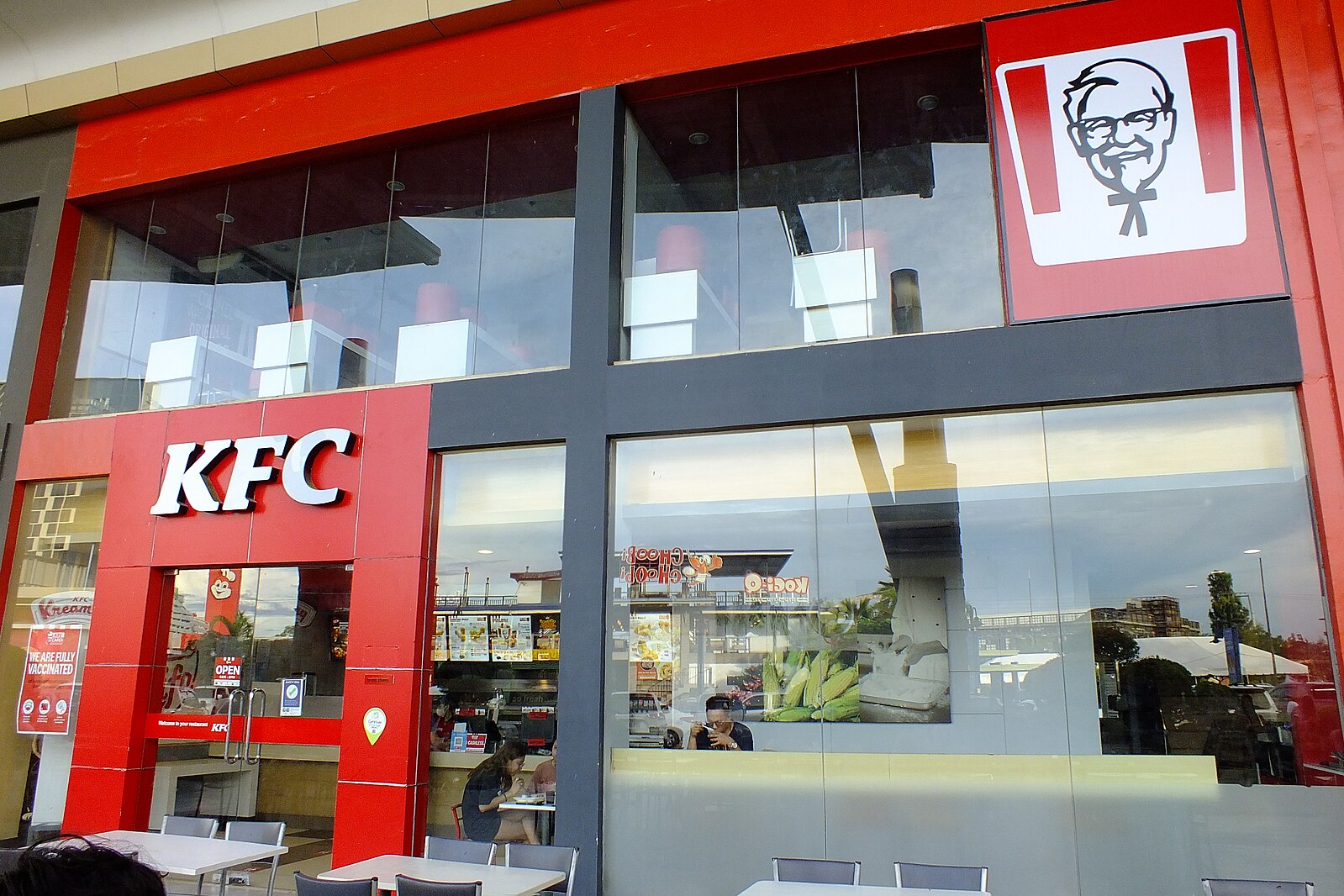Steam rises from sizzling pans as Olivier Vincent surveys his 20-seat dining room at L’îlot in Amboise, France. The chef’s latest decision has ignited a firestorm across social media and the restaurant industry. His $17 fee for reservation changes represents more than policy—it’s a declaration of war against dining irresponsibility. L’îlot official page serves as the main online hub for the restaurant, offering direct insight into its policies and community engagement.
The Breaking Point
Vincent‘s frustration reached its peak after a customer repeatedly changed their reservation, ultimately arriving with fewer guests than booked. For a restaurant serving inventive gourmet plates in a casual setting, each empty chair represents lost revenue that cannot be recovered.
“We are here to encourage responsibility among diners,” Vincent explained in his viral Facebook post. “My restaurant is a business. Our employees and suppliers are not compensated with Monopoly money.”
While apps like Too Good To Go help restaurants reduce food waste from unsold inventory, reservation fees address the equally costly problem of unpredictable guest counts. The policy targets a growing plague in the restaurant industry. Reservation changes, no-shows, and last-minute cancellations have become commonplace, forcing establishments to develop defensive strategies against financial losses. The reservation policy debate has intensified as more restaurants grapple with similar challenges, highlighting the delicate balance between customer expectations and business sustainability.
The Industry Response
Fellow restaurateurs have rallied behind Vincent’s stance across social media platforms. Industry supporters emphasize that small establishments face unique challenges when reservations change unexpectedly, as each table represents a significant portion of revenue that cannot be easily recovered. From Asheville’s hurricane-rebuilt dining rooms to France’s historic bistros, restaurateurs understand how quickly unforeseen circumstances can devastate carefully planned operations.
Critics have pushed back against what they perceive as excessive punishment. Social media responses reveal mixed reactions, with some diners arguing that emergencies and unexpected circumstances shouldn’t result in financial penalties. The restaurant industry challenges are well-documented in major publications, reflecting ongoing tensions between hospitality and business needs.
The Broader Movement
L’îlot joins a growing movement of restaurants implementing reservation fees worldwide. From New York to London, establishments charge between $10 and $50 per person for late cancellations or no-shows. The trend reflects mounting pressure on restaurants facing thin profit margins and unpredictable dining patterns. For a deeper look at how reservation fee trends are shaping the global dining landscape, industry analysts point to a shift toward greater accountability and operational efficiency.


















